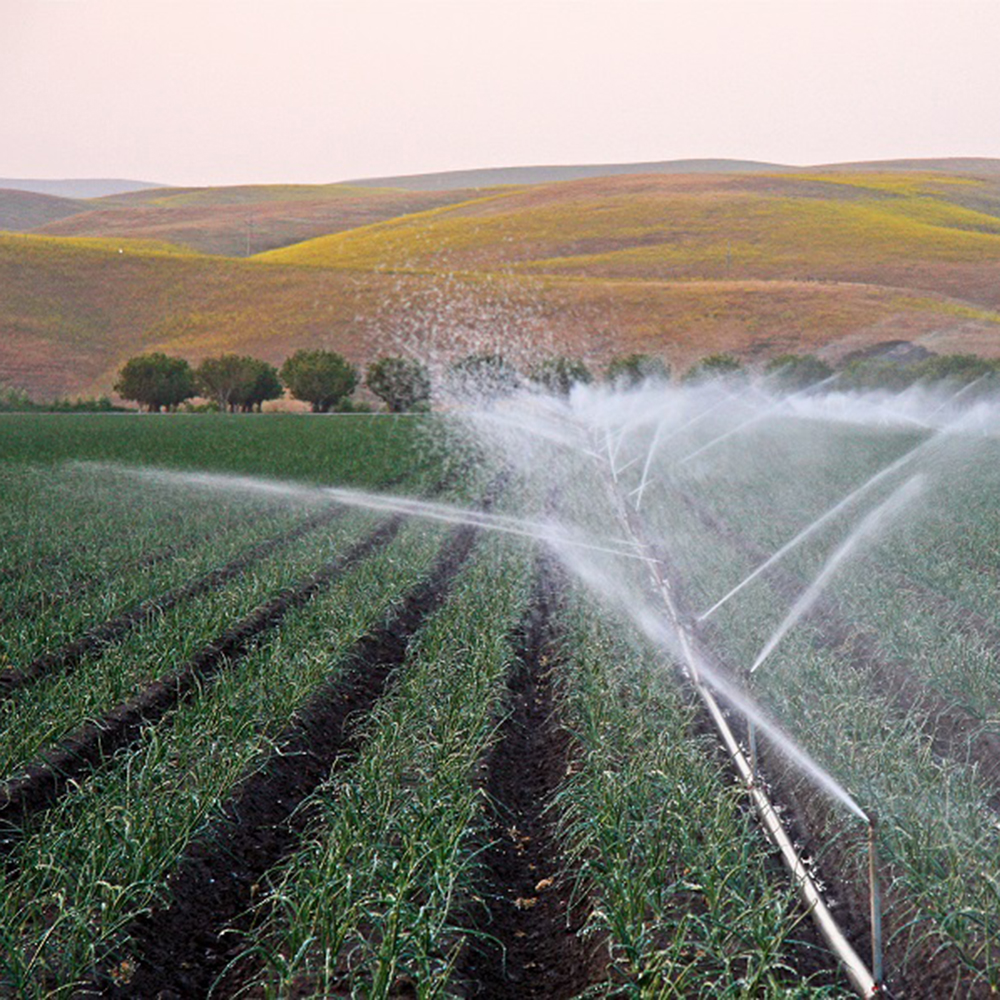Water rights are always complicated in the west. They become more complicated when squabbles over who “deserves” more water come into play.
The California Legislature is currently considering three bills that would represent a significant shift in how water rights are policed throughout the state. Assembly Bill 1337 would implement fines and make overuse of water a civil offense. Assembly Bill 460 would empower the state to investigate any property in California for misuse of water. Senate Bill 389 would call into question vested water rights.
More important than the punitive aspects of each of these bills is the lack of responsibility built in to all three. Each would give the State Water Resources Control Board ultimate authority over all water disputes and rights, including senior water rights established before 1914, the year the board was created.
Typically, water rights in the west have abided by the tradition of “first in time, first in right.” In California early settlers, cities established before statehood, and agricultural entities are often the holders of these senior water rights.
The penalties outlined in these bills are stiff – up to $10,000 a day plus $2,500 per acre foot of water – and they should be. Water is a finite resource and should not be squandered, particularly in years much drier than the one California is currently experiencing. But enforcement of the penalties should not be left to a board of appointees who are not held accountable through elections.
Water rights enforcement is most successful when accountability occurs on both sides of the equation. For example, water allotments from the Bureau of Reclamation are often managed by locally established irrigation districts which are directed by boards elected by area water users. If those boards enact bad policy, they are held accountable by their area constituencies. If regional water users, however, are found to be in violation of irrigation district rules, penalties range in severity from fines to having their land stripped of the ability to receive water from the Bureau of Reclamation, regardless of location, in perpetuity.
Because that irrigated land becomes potentially useless without a federal water allocation, abuses of federal irrigation water are rare. So rare, in fact, that it seems to be a better deterrent than potential bankruptcy.
As this trio of bills moves through the California Assembly, it would behoove the public to consider who they want to have in charge of how their water is managed. If water users want to upend more than a century of water law that has worked well to curtail excess use by every sector and respected the intrepid individuals who invested in the early establishment of the state, then each of these bills should be closely examined. If water users are truly willing to hand over their fates to an unelected board, then best of luck to them as they begin a fight to maintain the ability to use the water they are entitled to.
Pam Lewison is the Director of Agriculture Research at the Washington Policy Center and a Pacific Research Institute fellow. She co-owns and operates a family farm in Eastern Washington state.

